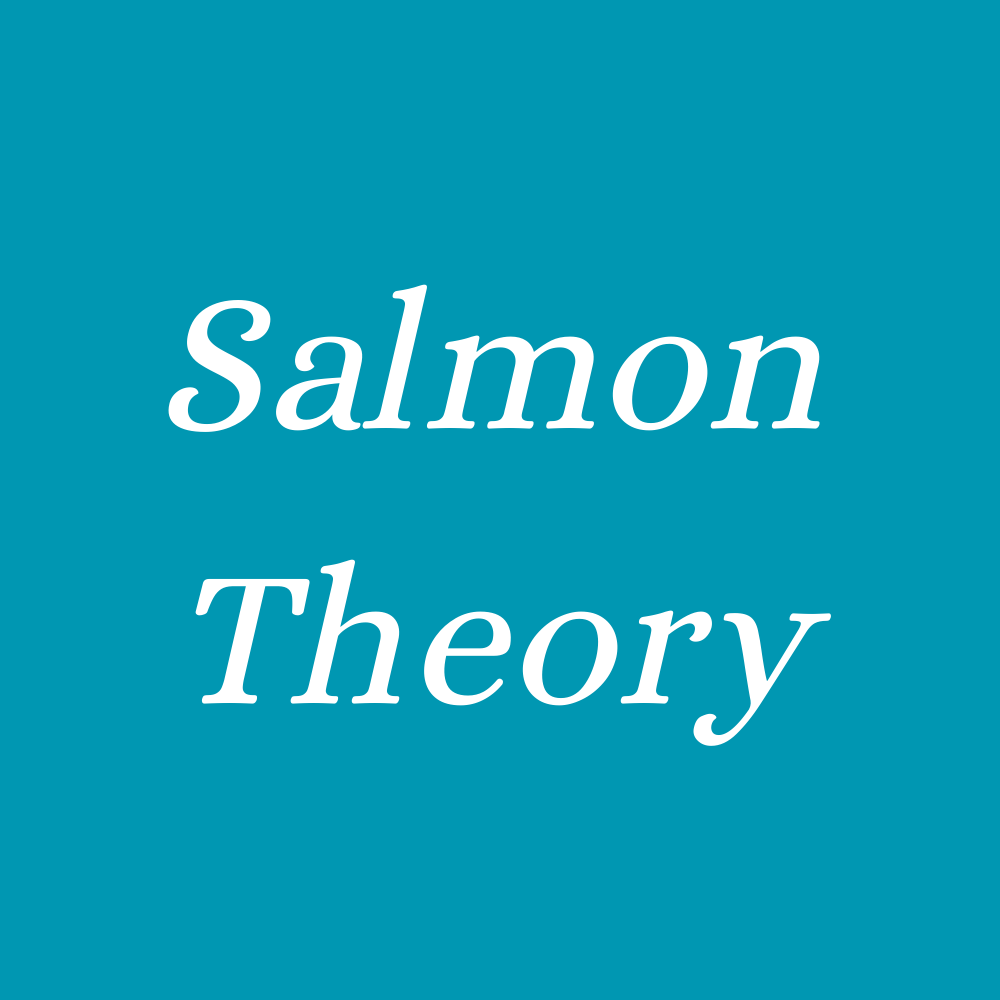
Salmon Theory is no longer on Substack
No longer on Substack! Look up "salmontheory.email" instead.
By registering you agree to Substack's Terms of Service, our Privacy Policy, and our Information Collection Notice

No longer on Substack! Look up "salmontheory.email" instead.